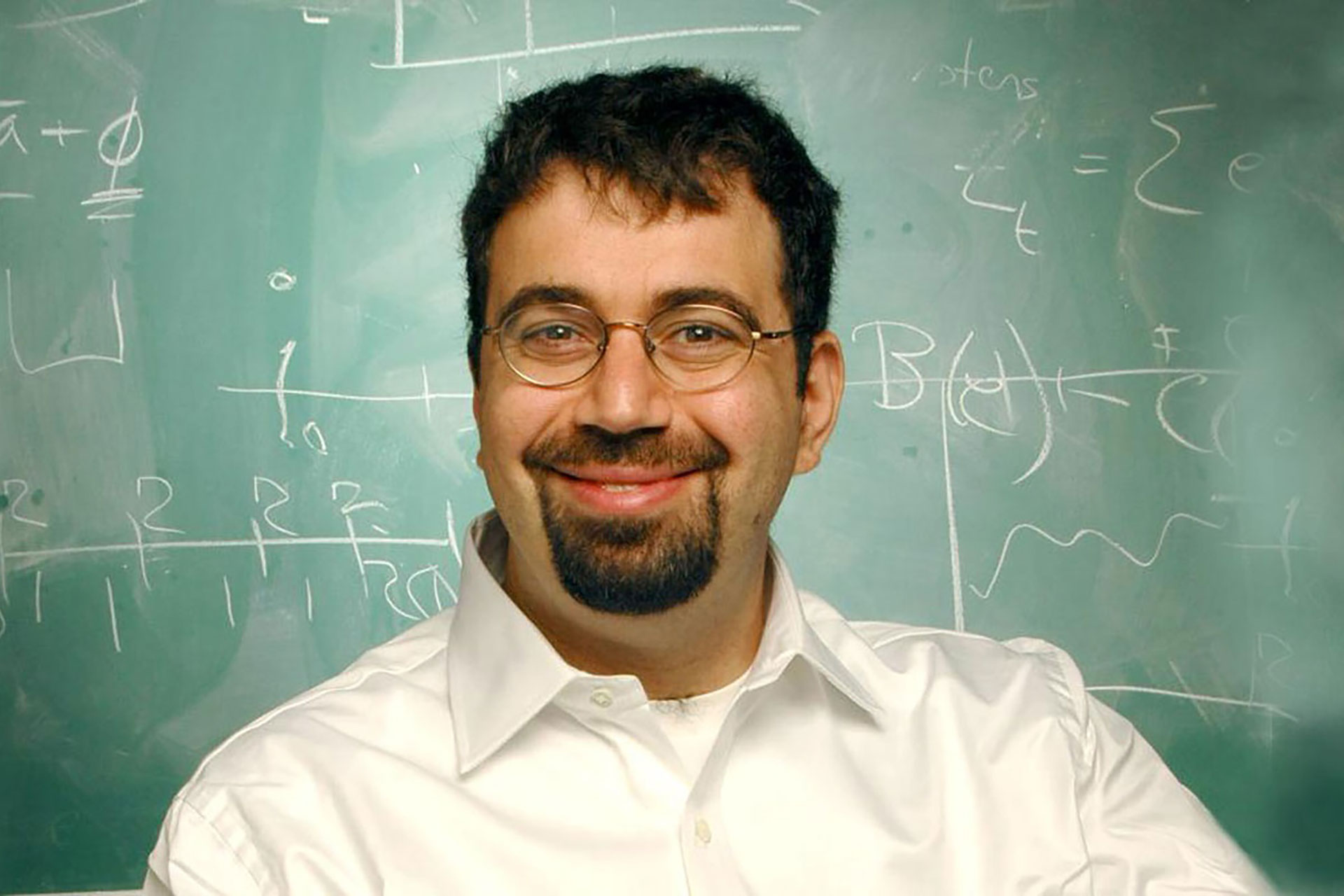
The Nobel Prize in Economics has been awarded to Professor Daron Acemoğlu, a prominent figure in political economy, who is originally from Kadıköy. Turkish-Armenian Acemoğlu becomes the third individual to bring a Nobel Prize to Turkey, following Orhan Pamuk (Literature, 2006) and Aziz Sancar (Chemistry, 2015).
The Royal Swedish Academy of Sciences awarded the 2024 Nobel Prize in Economics to Daron Acemoğlu, Simon Johnson, and James A. Robinson for their research on the transformation of nations into prosperous societies. Comparing countries with diverse geographical and economic characteristics, the three economists concluded that the structure of institutions is a decisive factor in this process. Jakob Svensson, the chair of the academy’s economics prize committee, stated:
“Bridging the income gap between countries is one of the greatest challenges of our time. Thanks to the groundbreaking research of these economists, we have a better understanding of why some nations succeed while others do not.”
The Nobel committee added, “Societies where the rule of law is weak, and institutions abuse their power do not foster growth or create positive change. The laureates’ research helps us understand why this is the case.”
Shall we take a closer look at Daron Acemoğlu, one of the most cited economists worldwide, who chose academia to avoid being entangled in politics and hierarchy, and who famously said, “Knowledge is the burden we carry on our shoulders”?

His Name Is Not Süleyman but “Daron”
Born in 1967 in Istanbul as the only child of a lawyer father (Kevork Acemoğlu) and a school principal, poet, and literary figure mother (İrma Acemoğlu), he spent his childhood in Kadıköy with limited freedom to go outside. For the young boy, the summers spent on Büyükada and Kınalıada meant “freedom,” filled with joyfully riding bicycles and being outdoors.
After completing his primary education at Aramyan Uncuyan Armenian Elementary School in Kadıköy, he graduated from Galatasaray High School in 1986. According to a friend, the negative effects of the 1980 coup were also felt at Galatasaray High School. His history teacher, disliking the name “Daron,” declared, “From now on, your name is Süleyman.” Ironically, the boy whose name was deemed unsuitable would go on to achieve successes that would leave a mark in history.

A Professor at the World’s Best Universities
In high school, he studied German as a second language alongside French, yet he decided to study in England without knowing any English. He graduated from the Department of Mathematical Economics and Econometrics at York University in 1989. While his mother, whom he had left behind in Kurtuluş, struggled with serious health issues, he lost his father. As an only child, he didn’t want to leave his mother alone, but his wheelchair-bound mother, reliant on a caregiver, insisted that he stay in England and continue his education. That’s how it was—true love meant wanting the best for someone. Even from afar, even when deeply missed, it meant wanting their well-being. Three years later, he lost his mother as well.
Daron Acemoğlu earned his master’s degree (1990) and PhD (1992) from the London School of Economics (LSE). Between 1992 and 1993, he taught at LSE, one of the most prestigious economics schools in the world.

In the same year, he decided to continue his academic career in the United States at the Massachusetts Institute of Technology (MIT). He has been at MIT ever since. In 2000, he became a professor of economics, and in 2019, he was awarded the title of “Institute Professor,” the highest honor a faculty member can receive at the university.
A Highly Awarded and Widely Acclaimed Life
*During his early years at MIT, his article titled “Consumer Confidence and Rational Expectations: Are Agents’ Beliefs Consistent with the Theory?” published in The Economic Journal was selected as the best paper of 1996.
* In 2005, he received the John Bates Clark Medal, awarded to a scientist under 40 who has made the most significant contribution to the field of economics.
* His book “Economic Origins of Dictatorship and Democracy,” co-authored with political scientist James A. Robinson, was published in 2006 and received widespread acclaim.
* His work on the role of institutions in economic development and political economy earned him the Science Award from the Turkish Academy of Sciences (TÜBA) in 2006.

* Yine Robinson ile yine birlikte 2012 yılında kaleme aldığı ‘Ulusların Düşüşü: Güç, Refah ve Yoksulluğun Kökenleri’ isimli kitabı tüm dünyada tartışıldı ve New York Times gazetesinin çok satanları arasına girdi.
* Klasik büyüme, kalkınma teori ve modellerine farklı açılardan yaklaşımı nedeniyle Sosyal Bilimler dalında 2013 yılı T.C. Cumhurbaşkanlığı Kültür ve Sanat Büyük Ödülü’nün sahibi oldu.
* Utrecht, Bilkent, Bath, Boğaziçi ve Atina üniversiteleri ile Paris’teki École Normale Supérieure tarafından fahri doktor unvanı verildi.
* 2021 yılında İngiliz Akademisi’nden Onur Üyesi unvanını aldı.
* Bilim Akademisi üyesidir.
* Review of Economics and Statistics ve Journal of Economic Growth dergilerinin yardımcı editörlüğünü yürütüyor.
* His book “Why Nations Fail: The Origins of Power, Prosperity, and Poverty,” co-authored with Robinson in 2012, sparked global discussion and became a New York Times bestseller.
* In 2013, he was awarded the Republic of Türkiye Presidential Grand Award in Culture and Arts in the Social Sciences category for his unique approach to classical growth, development theories, and models.
* He has been awarded honorary doctorates by Utrecht University, Bilkent University, the University of Bath, Boğaziçi University, Athens University, and École Normale Supérieure in Paris.
* In 2021, he was named an Honorary Fellow of the British Academy.
*He is a member of the Science Academy.
*He serves as an associate editor for the Review of Economics and Statistics and the Journal of Economic Growth.


